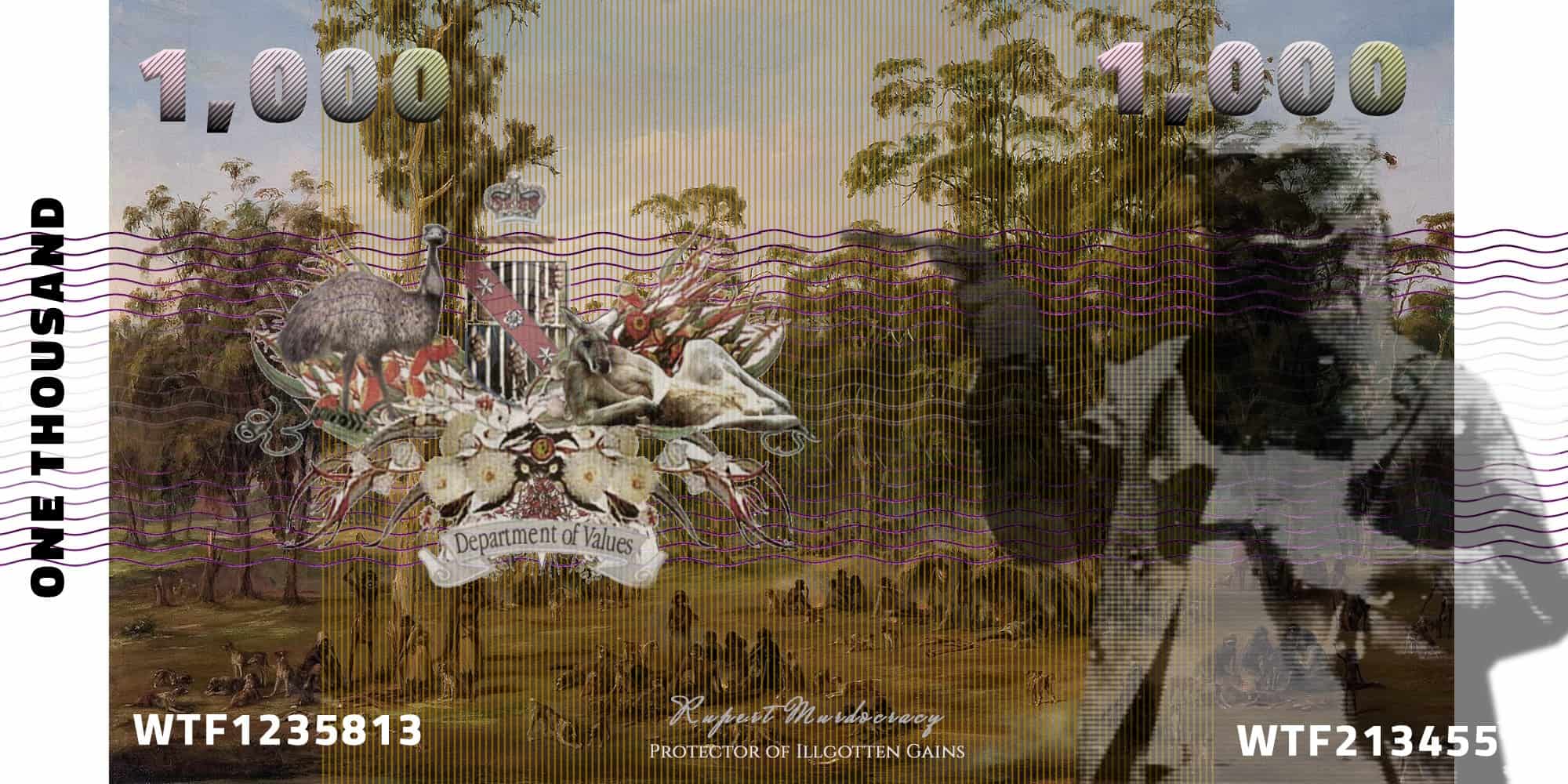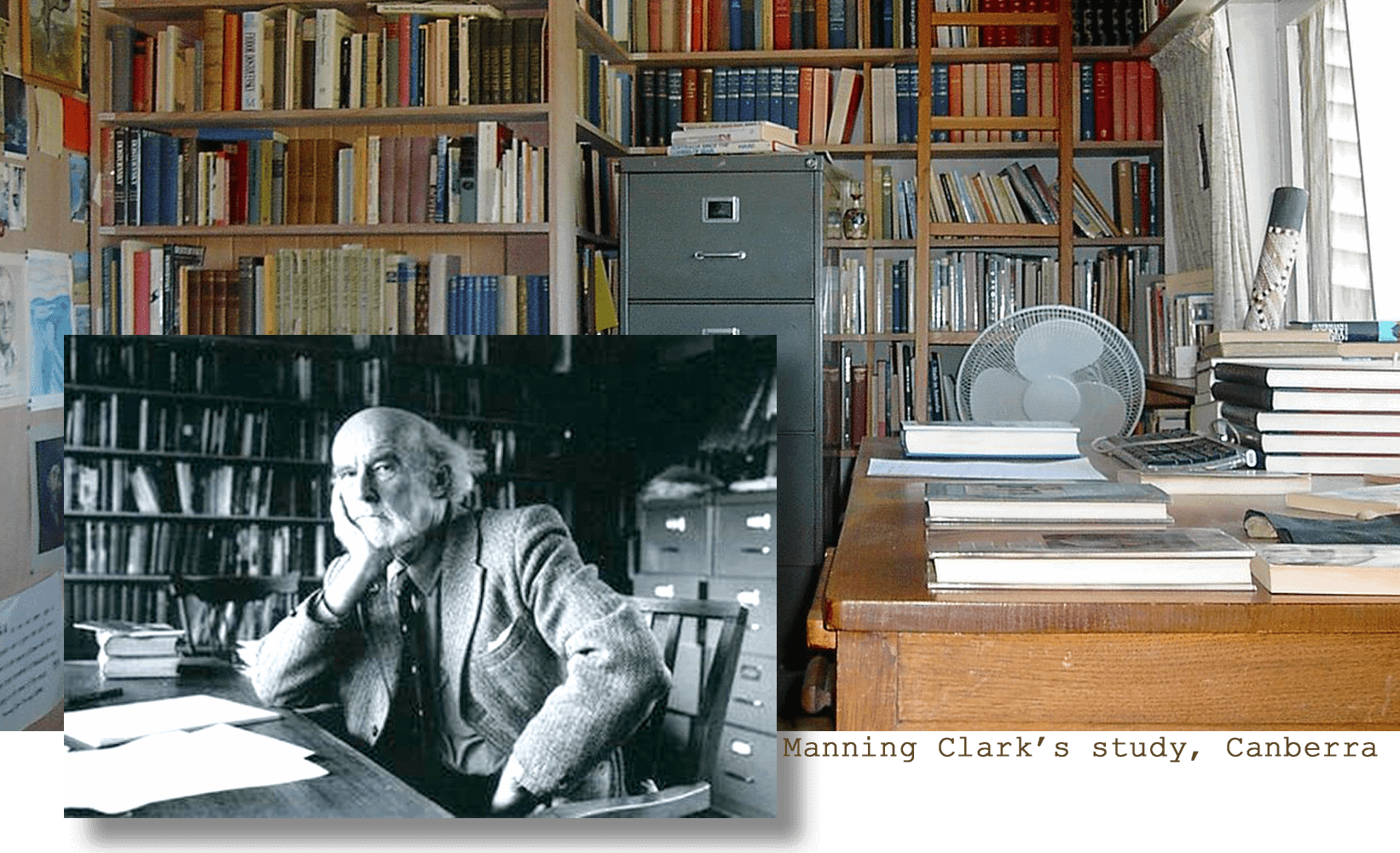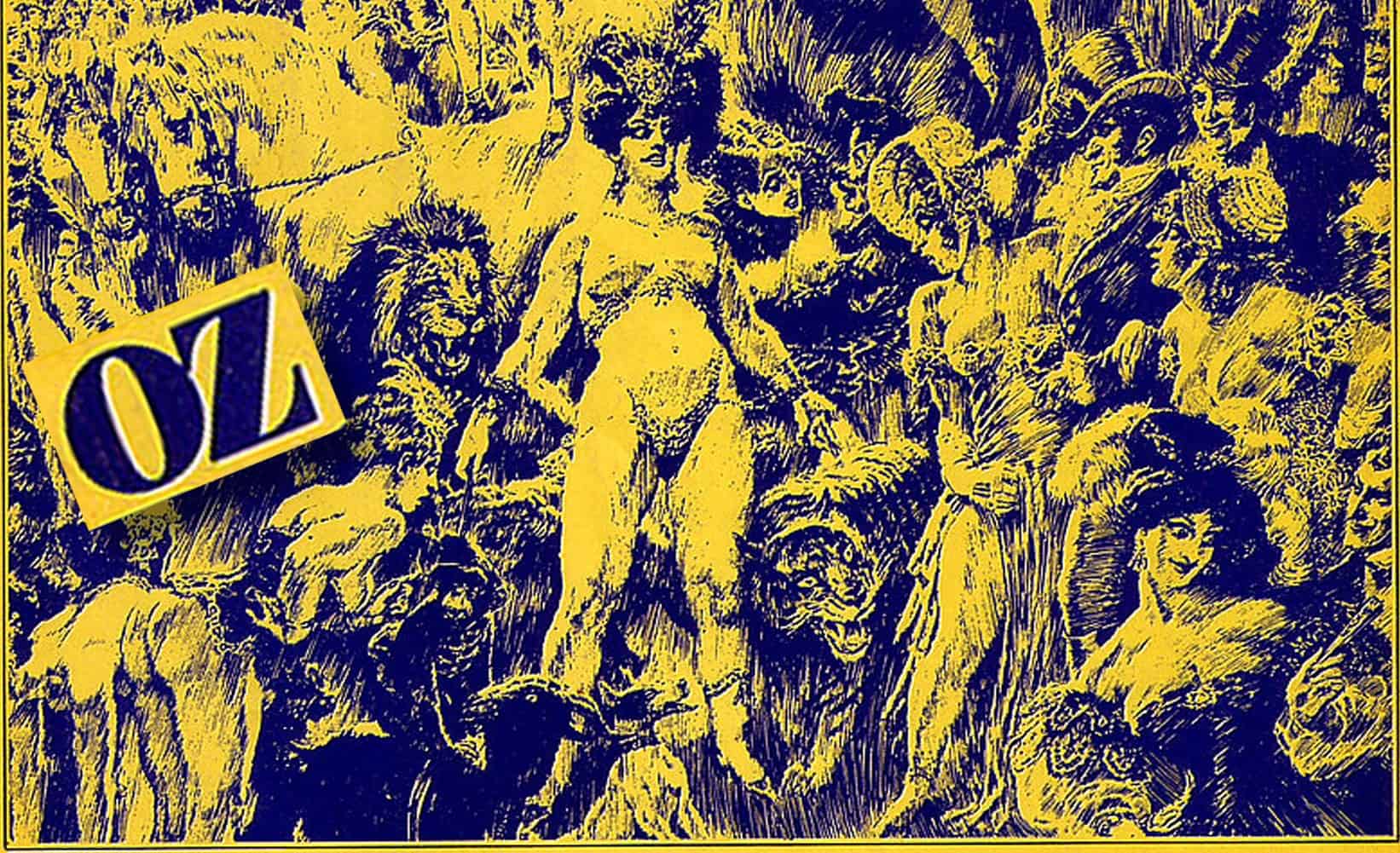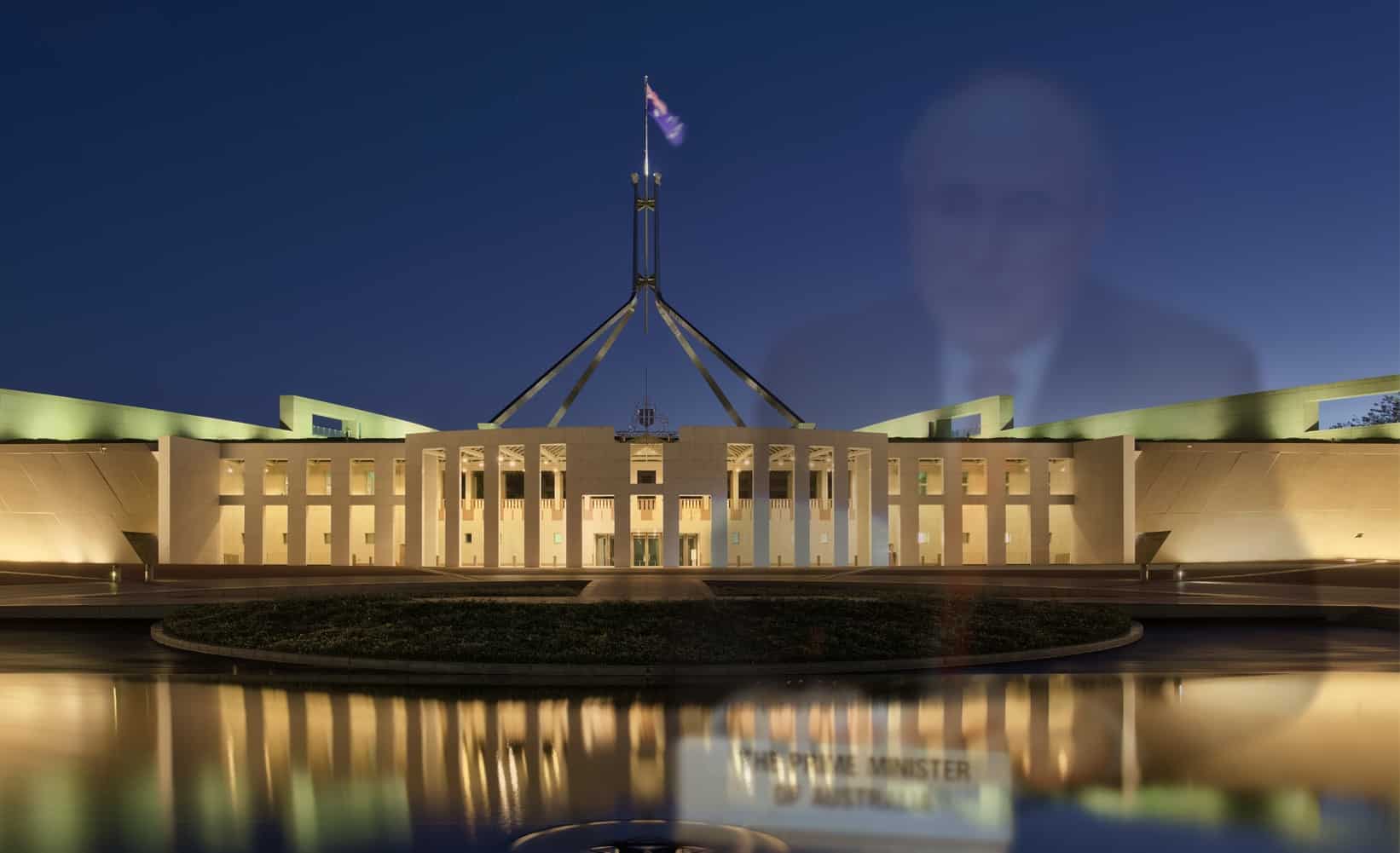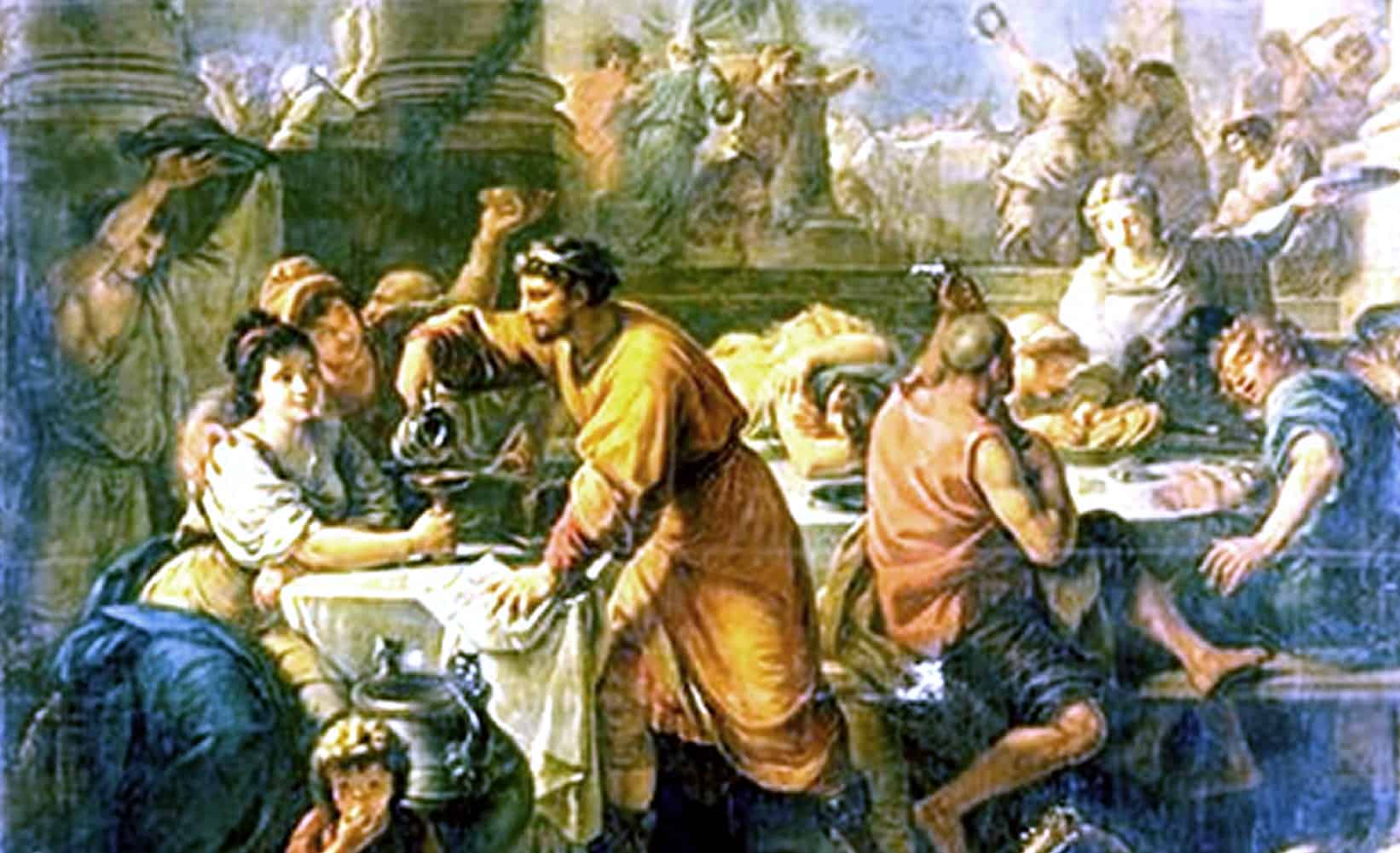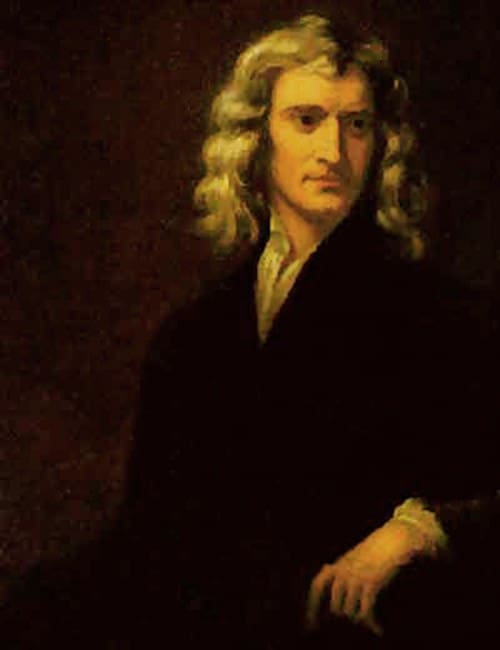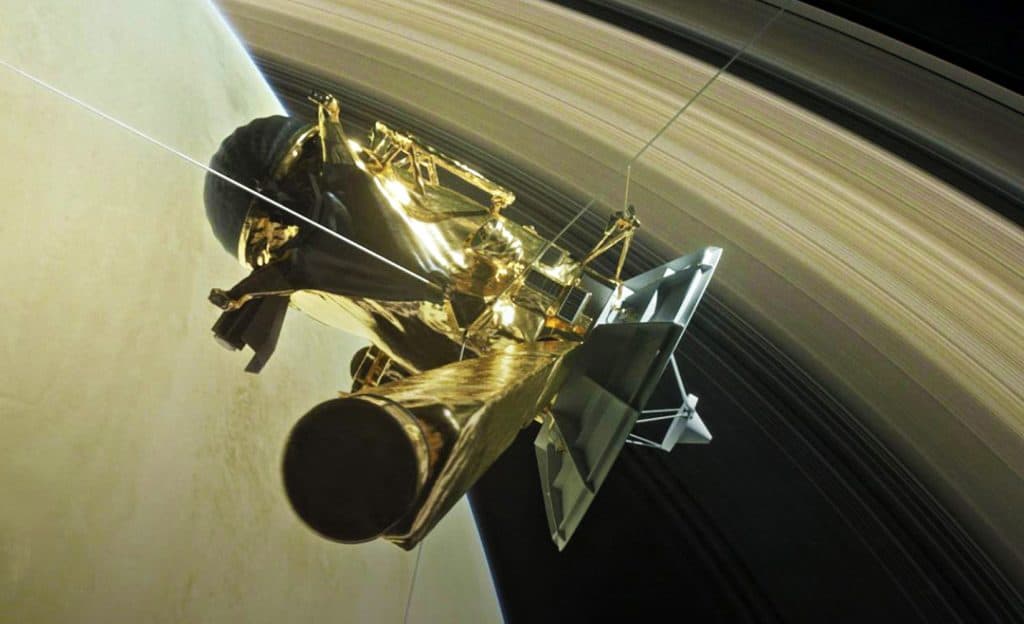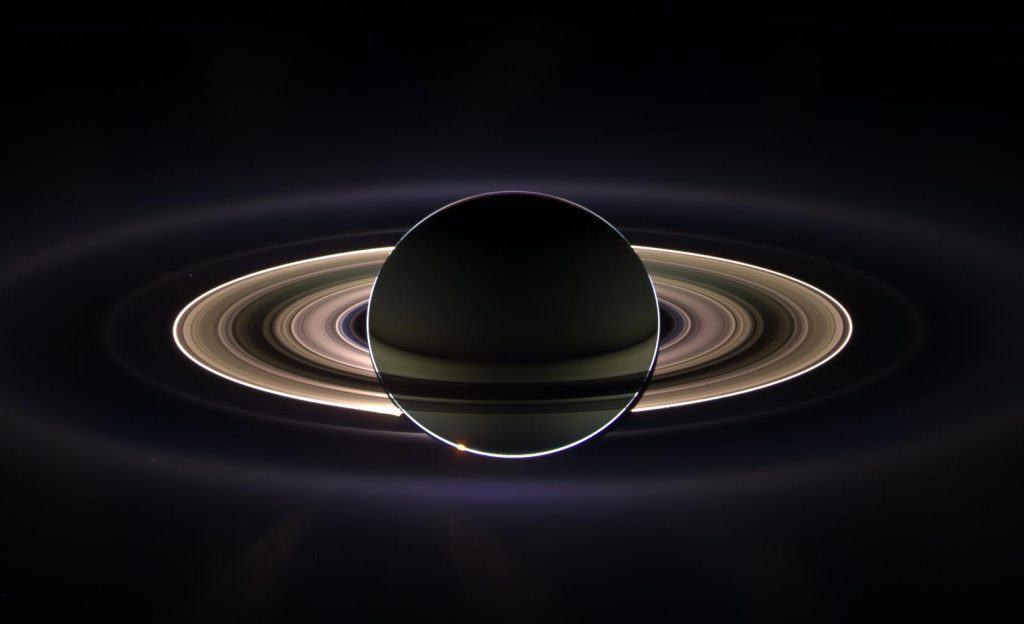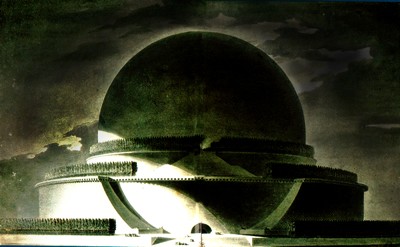Money money money?
Money money money?
‘In my dreams I have a plan’
Although we are proud of our reputation for being disreputable, confusing, harmful, misleading and offensive it is quite clear that all the best blogs have serious posts by Nicholas Gruen or Peter Martin, Fred Argy, or John Quiggin about Teh Economy. We wish we could join them but we’re at a disadvantage: we don’t know much about Œconomics at all (but we know what we feel).
For most people “the economy” really boils down to how much they can spend on dinner tonight, whether they’re going to have a house tomorrow, what car they can consider buying, what job they can hope for (if any) and whether they noticed things like petrol and bread are more expensive than they seemed to be last month.
Most of us think that there is a THING called “The Economy” which does stuff (mostly scary) and has a mind of its own and has an appetite which must be satisfied. It must be fed and stroked and tamed, or – say some – left alone to grow in its own ugly, vicious, untameable way like a Tasmanian Devil.
But there is no such thing.
Economists just collect and manipulate statistics about what people and institutions did and how much what they did changed from last time and they reify those statistics into this thing they call “The Economy”, as if it’s real. That’s not to suggest that you can’t learn anything from the statistics, just that as long as you give this collection of stats entity you pretend it has a life it doesn’t have, and you say meaningless things like, “ ‘The economy’ is healthy”.
Sure, it’s a convenient shorthand but it gives the wrong impression to simple minds like Sir Roger’s.
Anyway…
The Economy is all about money.
Money – the story goes – is a form of stuff. It is finite and in limited supply and we have to fight for our share of it. We think (most of us) that since it is a money-pie of limited size we should share it more or less equally. We shouldn’t take too much more than our fair share except, you know, if we are prepared to do more for it, or if we’re more clever or luckier than others, or if some people don’t seem to want their piece as much as we do.
We all know the Calvinist philosophy which we used to call “The Protestant Work Ethic” and now call “The Way Things Just Are”: A Fair Day’s Work for a Fair Day’s Pay. We have to be careful with our money, preserve it, use it wisely; because there is only so much of it and it represents to us good folk, of both Calvinist and Augustinian religious heritage, both the fruit of our labours and our good stewardship.
Most of us, in short, think that money is a real thing and almost all of us think it is created by the government based on real resources. Like gold in vaults.
And it’s not.
We think that the money banks lend us is money that other people have deposited.
It’s not.
This was the bombshell that rocked us yesterday. What we learnt makes too much sense to dismiss it, and it also revolutionises opportunity and possibility: it forces us to think differently about what money really is.
There is no real limit to the money supply, or how much can be created, and how much of it we can have. If you have more it doesn’t mean someone else has to have less. There is no pie to slice. It’s a Magic Pudding! A “Cut-an’-Come-Again”.
If we had read anything as dry (we once thought) as an economic opinion, we would have known that.
Money is not stuff.
Here’s what money is:
Money is debt, it is a promise to pay. When you sign the mortgage papers, the bank creates that money – to all intents and purposes out of thin air.
Banknotes are not ‘money’. They are promises to pay; in other words, IOUs; in other words, debt.

They say ‘obliged to pay’, ‘indebted to’, ‘promise to pay’, ‘redeemable’, ‘entitles the bearer to receive’, etc. etc.
Most of us believe that banks lend out money that has been entrusted to them by depositors. Easy to picture. But not the truth.
Banks create the money they loan, not from the bank’s own earnings, not from money deposited, but directly from the borrower’s promise to repay.
Don’t believe us. How about these famous people?
John Kenneth Galbraith:
“ The process by which banks create money is so simple the mind is repelled.”
Sir Josiah Stamp, Director, Bank of England 1928-1941:
“ The modern banking system manufactures money out of nothing. The process is perhaps the most astounding piece of sleight of hand that was ever invented. Banking was conceived in iniquity and born in sin.”
Graham F. Towers, Director, Bank of Canada:
“ Each and every time a bank makes a loan (or purchases securities), new bank credit is created — new deposits — brand new money.”
Reginald McKenna, past Chairman of the Board, Midlands Bank of England:
“ I am afraid that the ordinary citizen will not like to be told that banks can and do create money … And they who control the credit of the nation direct the policy of Governments and hold in the hollow of their hands the destiny of the people.”
Irving Fisher, economist and author:
“ Thus, our national circulating medium is now at the mercy of loan transactions of banks, which lend, not money, but promises to supply money they do not possess.”
Robert Hemphill, Credit Manager, Federal Reserve Bank of Atlanta:
“ Someone has to borrow every dollar we have in circulation, cash, or credit. If the banks create ample synthetic money we are prosperous; if not, we starve.”
So what about the sub-prime mortgage crisis?
Money is created by debt. The debts are not supported with stuff, at least not enough stuff to go around. So if everybody called in their debts the system would collapse. For the system to work the banks must borrow from each other. The debt must be passed around. But the banks are scared and have stopped borrowing from each other. That’s why the central banks, especially in the US and Britain, are pouring massive amounts of cash into the system – it’s to encourage the banks to start borrowing from each other again.
There is a video on YouTube which explains it for those of us who didn’t really care for economics at school:
The “Economy” is a magic cut an’ come again pudding.
That makes lots of things possible, new ways of thinking about where an individual stands in the scheme of things.


